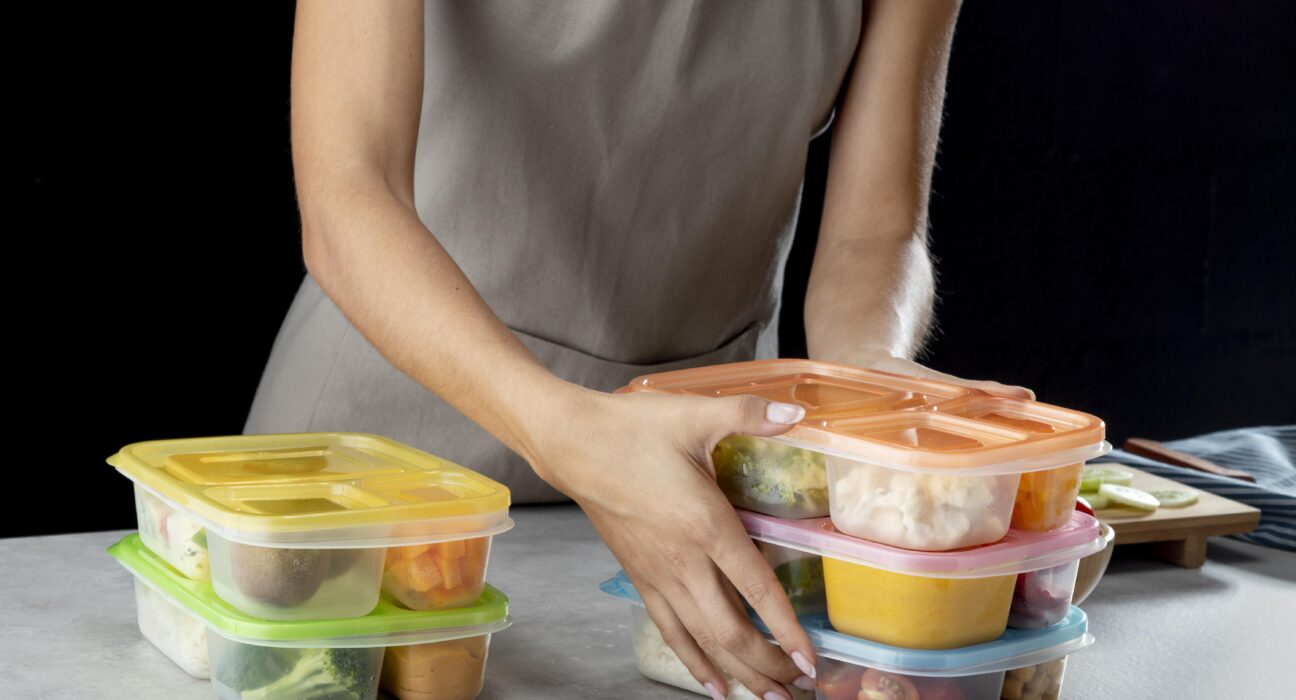In today’s world, where environmental consciousness is on the rise, adopting sustainable practices in our daily lives has become more important than ever. The kitchen is a place where we can make a significant impact by reducing food waste and minimizing excessive packaging. This article will provide you with valuable tips on how to create a more sustainable kitchen, helping you reduce your environmental footprint and save money in the process.
Meal Planning and Inventory Management
One of the most effective ways to minimize food waste is through meal planning and inventory management. Before going grocery shopping, take a few minutes to create a weekly meal plan. This will help you buy only what you need and reduce the likelihood of impulse purchases. Additionally, keep track of what’s in your pantry, refrigerator, and freezer to avoid buying duplicates and forgetting about ingredients that may go to waste.
Also, read: The Benefits of Composting: A Beginner’s Guide to Sustainable Waste Management
Buy in Bulk and Use Reusable Containers
Buying in bulk not only saves money but also reduces packaging waste. Invest in reusable containers and buy items like grains, pasta, and legumes in bulk. When you return home, transfer these items to your reusable containers to keep them fresh and free from pests. This simple step can significantly reduce your kitchen’s plastic waste.
Composting for Food Scraps
Composting is an excellent way to divert food scraps from landfills. By creating a compost pile or using a composting bin, you can turn food waste into nutrient-rich soil for your garden. Items like vegetable peels, coffee grounds, and eggshells can be composted, significantly reducing the amount of waste that ends up in the trash.
Reduce Single-Use Plastics
Single-use plastics are a major contributor to kitchen waste. To minimize their use, switch to reusable alternatives. Invest in glass or stainless steel containers for storing food, use beeswax wraps instead of plastic wrap, and opt for cloth or mesh produce bags when shopping for fruits and vegetables.
Preserve Food Through Pickling and Canning
Preserving food through pickling and canning is an excellent way to extend the shelf life of fruits and vegetables. This not only reduces food waste but also allows you to enjoy seasonal produce year-round. Experiment with homemade jams, pickles, and sauces to make the most of your garden or local farmers’ market.
Freeze Excess Food
If you find yourself with excess food that you can’t consume immediately, consider freezing it. Many foods, including fruits, vegetables, and even cooked meals, can be frozen and enjoyed later. This not only reduces food waste but also saves you time and effort on busy days.
Practice Portion Control
Serving large portions can lead to uneaten leftovers that end up in the trash. By practicing portion control, you can ensure that everyone gets enough to eat without wasting food. Consider using smaller plates and bowls to help regulate portion sizes.
Donate Surplus Food
If you have surplus non-perishable items in your pantry, consider donating them to a local food bank or charity. This not only reduces food waste but also helps those in need in your community.
Conclusion
Sustainable kitchen practices are not only environmentally responsible but can also save you money and time in the long run. By implementing these tips to minimize food waste and packaging, you can reduce your ecological footprint and contribute to a healthier planet. Start small, and gradually incorporate these practices into your daily routine to create a more sustainable and eco-friendly kitchen. Remember, every small effort counts in the journey towards a more sustainable future.















Leave feedback about this